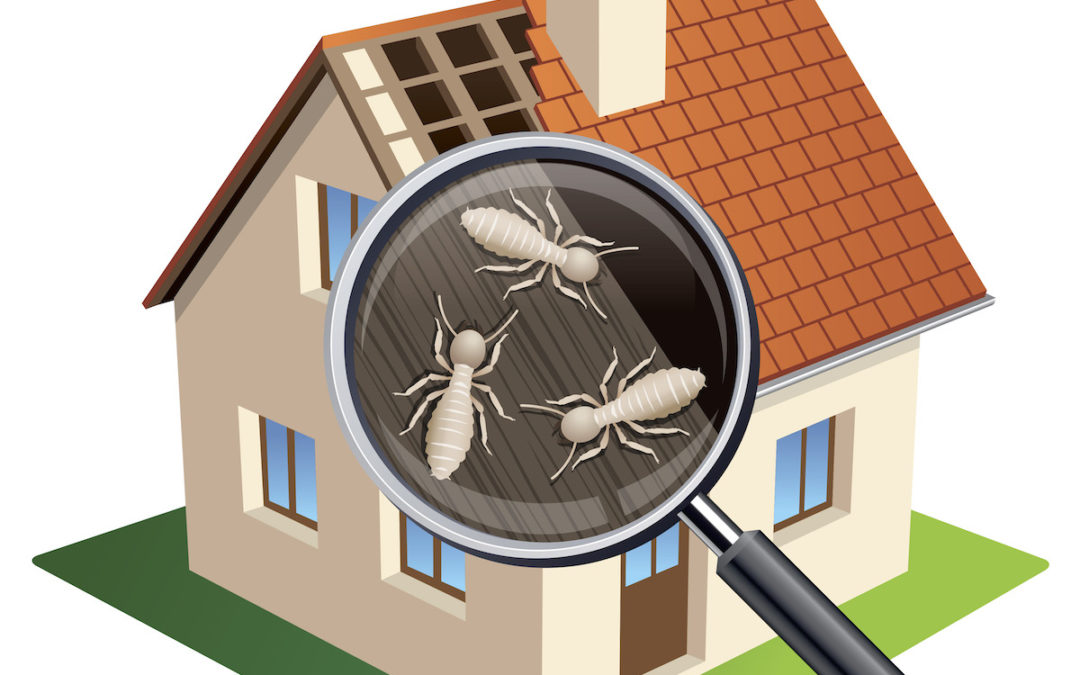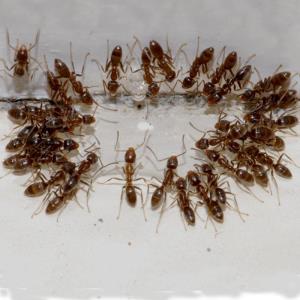Ecological Effect of Insect Control: Balancing Performance With Sustainability
The ecological influence of insect control is a vital concern that needs a fragile equilibrium in between accomplishing effectiveness in handling pests and ensuring sustainability of our ecosystems. From the use of dangerous chemicals that leak right into our dirt and water to the unplanned consequences on non-target species, the repercussions of conventional pest control methods are significant.
Unsafe Chemicals in Pest Control
The usage of damaging chemicals in bug control presents substantial ecological and health risks that call for mindful consideration and mitigation approaches. Pesticides, herbicides, and pesticides are frequently made use of to eliminate insects, however their extensive application can bring about unexpected effects. These chemicals can infect dirt, water sources, and the air, affecting not only the targeted parasites but additionally useful pests, wildlife, and people.

To attend to these dangers, incorporated pest administration (IPM) methods are being advertised as an extra sustainable alternative. IPM involves a combination of techniques such as organic control, environment control, and the targeted usage of pesticides as a last resort (ant control lake norman of catabwa nc). By embracing an alternative approach to pest control, we can decrease the ecological and health and wellness effects connected with damaging chemicals while efficiently managing pest populaces
Effect On Non-Target Types
Considering the unplanned effects of bug control techniques, the influence on non-target species is a vital element that calls for complete evaluation. While bug control steps intend to target particular parasites, other microorganisms in the ecosystem might be inadvertently impacted. Non-target varieties, including beneficial bugs, birds, creatures, and even plants, can experience straight or indirect injury from pesticide applications or biological control methods.
Chemicals can have sub-lethal or dangerous impacts on non-target species. Insecticides developed to battle a specific insect parasite may hurt pollinators like bees or natural killers such as ladybugs. In addition, chemical residues can collect in the setting, influencing non-target microorganisms over time. Organic control agents, if not species-specific, can posture dangers to unintended targets, interfering with the eco-friendly balance.
To minimize the effect on non-target varieties, incorporated parasite management (IPM) strategies that emphasize a holistic strategy to pest control are advised. These approaches focus on making use of eco-friendly methods, reducing harm to valuable microorganisms while effectively taking care of pest populaces. Performing detailed threat evaluations and checking the end results of bug control initiatives are necessary action in securing non-target types and advertising general ecosystem health and wellness.
Soil and Water Contamination
Unexpected environmental repercussions of parasite control methods expand past affecting non-target varieties, with significant ramifications for dirt and water contamination - termite control. Chemicals, herbicides, and chemical fertilizers utilized in parasite control can leach right into the soil and contaminate groundwater, positioning a threat to both water and earthbound ecological communities.
Water contamination is another important concern associated with pest control methods. Overflow from agricultural areas treated with chemicals can lug these chemicals right into neighboring water bodies, affecting aquatic organisms and water top quality. Impurities in water sources can have significant effects, impacting not just click site aquatic life but additionally human health and wellness with the intake of polluted water or marine microorganisms. To mitigate soil and water contamination from pest control tasks, incorporated insect monitoring techniques that prioritize sustainability and decrease chemical inputs are essential.
Air Air Pollution From Pesticide Use
Exposure to air-borne chemicals during farming applications positions a substantial issue for air contamination control steps. Furthermore, chemical drift, where pesticides are brought by the wind to unintended areas, can lead to the contamination of neighboring communities and water bodies.

Strategies for Sustainable Insect Control
In the world of farming techniques, implementing sustainable bug control approaches is paramount for maintaining environmental balance and securing plant returns. Lasting bug control stresses using eco friendly approaches to take care of insect populations successfully while lessening injury to non-target microorganisms and ecosystems. Integrated Pest Management (IPM) is a widely adopted approach that combines organic, social, physical, and chemical control approaches to attain long-lasting bug administration options.
One secret technique in sustainable insect control is promoting biodiversity within agroecosystems. By enhancing all-natural adversaries of parasites, such as killers and parasitoids, farmers can reduce the need for artificial chemicals. Plant rotation and diversification are also effective methods to interrupt pest life process and develop much less desirable problems for bugs to grow. In addition, making use of pest-resistant plant selections and employing techniques like trap cropping can assist minimize parasite pressure without counting heavily on chemical interventions. Eventually, by integrating these sustainable pest control strategies, farmers can attain a balance in between pest monitoring effectiveness and ecological stewardship.
Verdict
To conclude, the ecological impact of bug control methods should be carefully thought about to stabilize effectiveness with sustainability. Dangerous chemicals used in bug control can lead to soil and water contamination, air pollution, and injury non-target species - termite control. It is critical to implement sustainable bug control strategies to reduce these adverse results on the environment and promote a much healthier ecological community for future generations
By adopting an all natural approach to pest control, we can lessen the ecological and health influences associated with dangerous chemicals while effectively handling pest populations.

To alleviate the air pollution created by pesticide use, it is essential to embrace incorporated insect monitoring techniques that focus on the usage of non-chemical insect control approaches, such as crop rotation, all-natural killers, and resistant plant varieties. Sustainable bug control emphasizes the use of eco pleasant methods to take care of pest populations successfully while minimizing damage to non-target microorganisms and ecosystems. Integrated Insect Monitoring (IPM) is an extensively adopted technique that incorporates biological, cultural, physical, and chemical control techniques to attain long-term insect administration remedies.